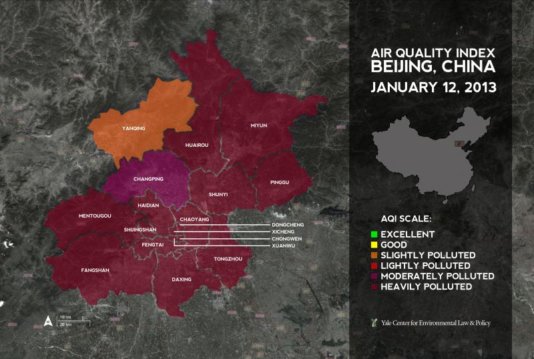- About
- Topics
- Picks
- Audio
- Story
- In-Depth
- Opinion
- News
- Donate
-
Signup for our newsletterOur Editors' Best Picks.Send
Read, Debate: Engage.
| September 03, 2014 | |
|---|---|
| located: | USA, China |
| by: | Itai Lahat |
So why not do it in other fields? How about some more segments of the real world immigrating to the sharing economy, where they can prosper and get more for less? One of the most advanced and bold statements in this pioneer field are coming out of all places from china.
Earlier this month, in Washington D. C. at one of the largest electrical engineering conferences in the world, a speaker from the State Grid Corporation of China outlined a vision for a massive global electricity grid powered by renewables. Zhenya Liu is the Chairman of the State Grid Corporation of China and his company is the largest state-owned electric utility company in the world. Mr Liu presented a visionary proposal for a vast high voltage transmission network, the “Global Energy Internet”, sharing renewable power around the world. Australia and other renewable rich nations would have the opportunity to become major renewable energy exporters. He proposed this plan as not only sensible and realistic, but a moral imperative for sustainable development.
China is working towards this vision in a very practical sense, constructing a vast high voltage transmission network and investing heavily in renewables. In fact, last year China installed more renewable capacity than all other types of generation combined. They also invested more money in renewables than any other nation, and installed more wind power and solar photovoltaic capacity than any other nation.
China has lots of reasons for investing in renewable energy. One of the most obvious is their serious air pollution problem. They also seek to increase demand for the renewable technologies they manufacture. Energy security is also a major concern – a number of studies have now shown that China is perilously close to peak domestic coal production, which means they will soon become a major importer of coal if they don’t curb consumption. They have no desire to be dependent upon a potentially volatile international fossil fuel market. But whatever their reasons, China is most definitely leading the world to a more renewable future.
But even if the Chinese have their own reasons for such a move, it embodies in it a possibility to reveal that not all is bad with globalization. Such a move to create a global internet of electricity will make countries more codependent on each other. And such a situation creates more cooperation and less likeliness of conflict. It also makes sense as a principle mechanism to manage grid parity – when night falls on china other parts of the world where the sun shines, can supply renewable energy instead of storing it. That’s one brave vision that hopefully will take shape in the world.
For an example of sustainable energy, check out the csys desk lamp
By copying the embed code below, you agree to adhere to our republishing guidelines.


